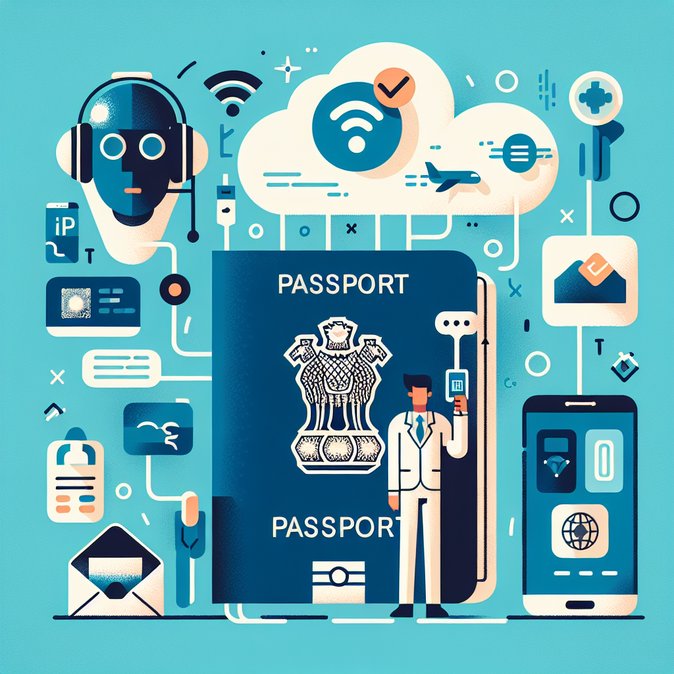
In a major digital-governance push, the Ministry of External Affairs (MEA) on 12 November unveiled the next generation of its flagship Passport Seva ecosystem. Branded “Passport Seva Programme V2.0” (PSP V2.0) for domestic users and “Global Passport Seva Programme V2.0” (GPSP V2.0) for missions overseas, the upgrade connects 37 regional passport offices, 93 Passport Seva Kendras, 450 post-office PSKs and more than 190 embassies and consulates to a single cloud platform.
The centrepiece is India’s first ICAO-compliant e-Passport. Each booklet now carries an embedded RFID chip and antenna that mirror data printed on the photo-page, enabling automated authentication at e-gates worldwide and sharply reducing cloning risks. MEA officials said all new passports will be issued in this format, while existing booklets remain valid until expiry.
![India launches Passport Seva V2.0 and chip-enabled e-Passports nationwide]()
PSP V2.0 brings a consumer-style user interface, auto-filled forms and UPI / QR-code payments. AI chat-bots guide applicants through document uploads, while voice-bots handle round-the-clock enquiries in 13 languages. For corporate mobility teams, a revamped bulk-application module allows HR departments to file and track dozens of renewals simultaneously—a long-standing demand of India-based multinationals.
On the consular side, GPSP V2.0 integrates with BLS and VFS networks so that Indians abroad can submit biometric and postal renewal requests without duplicating data entry. Missions in the UAE, Singapore and the US—together processing over 8 million passports a year—have already switched to the new workflow; the remainder will migrate by March 2026.
Analysts say the upgrade positions India to join the club of e-Passport nations just as the EU and Gulf states roll out biometric-only border gates. Businesses expect faster crew rotations, fewer document rejection incidents and improved security against identity fraud—critical wins as global mobility volumes rebound past pre-pandemic levels.
The centrepiece is India’s first ICAO-compliant e-Passport. Each booklet now carries an embedded RFID chip and antenna that mirror data printed on the photo-page, enabling automated authentication at e-gates worldwide and sharply reducing cloning risks. MEA officials said all new passports will be issued in this format, while existing booklets remain valid until expiry.

PSP V2.0 brings a consumer-style user interface, auto-filled forms and UPI / QR-code payments. AI chat-bots guide applicants through document uploads, while voice-bots handle round-the-clock enquiries in 13 languages. For corporate mobility teams, a revamped bulk-application module allows HR departments to file and track dozens of renewals simultaneously—a long-standing demand of India-based multinationals.
On the consular side, GPSP V2.0 integrates with BLS and VFS networks so that Indians abroad can submit biometric and postal renewal requests without duplicating data entry. Missions in the UAE, Singapore and the US—together processing over 8 million passports a year—have already switched to the new workflow; the remainder will migrate by March 2026.
Analysts say the upgrade positions India to join the club of e-Passport nations just as the EU and Gulf states roll out biometric-only border gates. Businesses expect faster crew rotations, fewer document rejection incidents and improved security against identity fraud—critical wins as global mobility volumes rebound past pre-pandemic levels.









